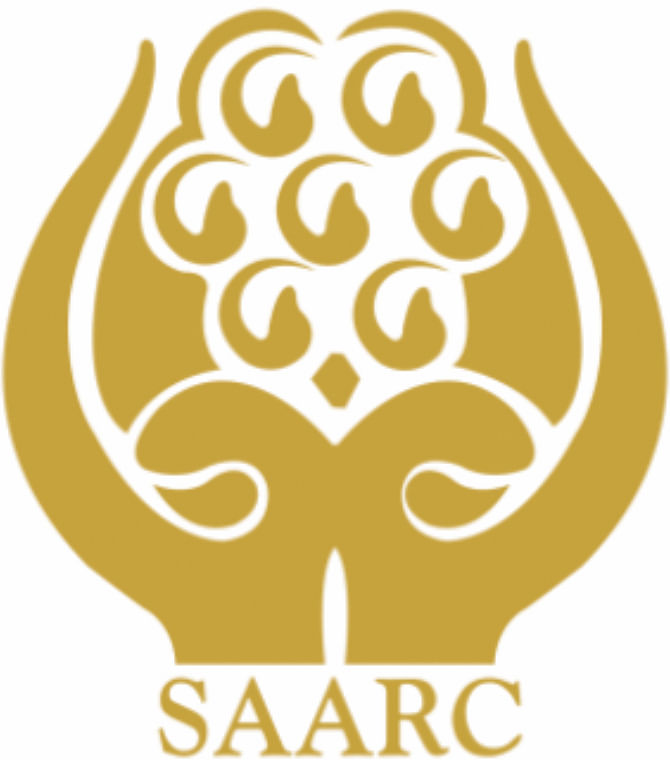Big step in Saarc travel

Four Saarc countries are close to signing a deal that would allow movement of vehicles through their borders just like in the European Union countries.
Bangladesh, India, Bhutan and Nepal, have drawn up a draft plan for seamless transit of passenger, cargo and personal vehicles between the countries.
The agreement will allow vehicles to ply designated routes in the four countries and reduce cost and time of unloading and loading of people and goods at the borders, making cross-border trade more efficient, officials said.
This sub-regional move is an initiative parallel to the proposed Saarc Motor Vehicles Agreement (MVA) and will be open also to other neighbouring countries, sources said.
India, Bhutan and Nepal have accepted a Bangladesh recommendation to keep the membership of this sub-regional group open so that neighbouring countries like Myanmar and China can connect to the region, a senior official at the foreign ministry told The Daily Star.
Transport secretaries along with senior officials of the four countries met in Kolkata on February 2-3 to finalise the draft MVA. A transport ministers' meeting in May or June is expected to approve the deal.
This would help transform transport corridors linking the four countries into economic corridors and increase people-to-people contact, diplomatic sources said.
The four-nation initiative came clearly to pursue an agenda of economic development and connectivity against the backdrop of inability of Saarc to take pro-active measures, foreign ministry officials said.
“The draft agreement is smarter than the proposed Saarc transport agreement,” said a ministry official, who was a member of the committee to draft the plant.
The agreement would allow the member countries to bilaterally fix the rate of fees, administrative costs and service charges etc.
They will also decide on traffic volume through mutual negotiations and all sorts of fees and charges will be levied at the entry points. Only authorised operators will be allowed to carry passengers and cargo.
The Asian Development Bank (ADB) is providing financial, technical and administrative support to implement the MVA, officials said.
A national committee in each country will coordinate and monitor the agreement and a sub-regional joint committee is going to look after the process to make land transport easier and coordinate and monitor the agreement implementation.
This agreement would not hamper the proposed Saarc MVA, sources say. The Saarc effort is moving slowly because of delays on the p[art of some member countries.
Meanwhile, the four countries have also agreed to begin power trade and inter-grid connectivity among them soon.
The four countries have also formed a group named BBIN (Bangladesh, Bhutan, India, and Nepal), which at a meeting in New Delhi last month agreed to make joint efforts to explore harnessing of water resources, including generation of hydroelectricity, and power from other sources.

 For all latest news, follow The Daily Star's Google News channel.
For all latest news, follow The Daily Star's Google News channel. 



Comments